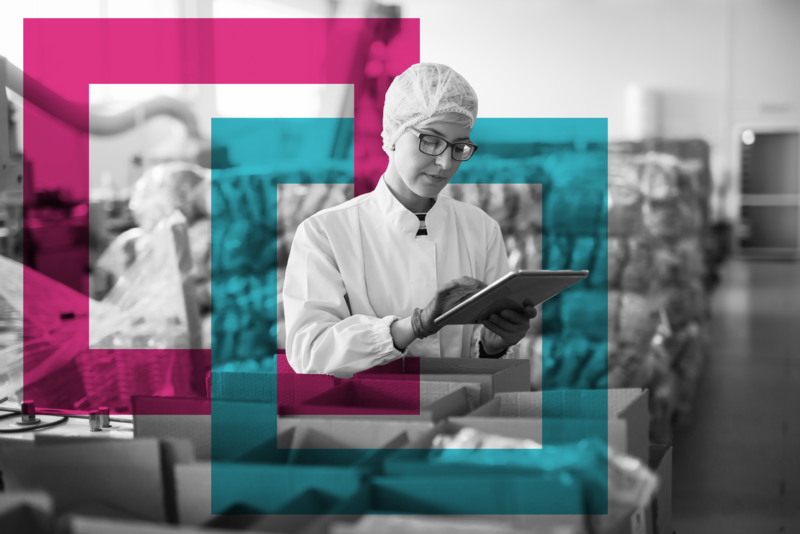
Simplify the task of validating your QMS software with a GxP validation process
Read more

ISO 31000: Monitoring and reviewing risk
Read more

Six Sigma quality improvement: a quick guide
Read more

Measuring the success of a Six Sigma approach to quality
Read more

What is Six Sigma and why should quality professionals know about it?
Read more

How AI is transforming quality management
Read more

Why every manufacturing leader should prioritize effective non-conformance handling
Read more

Key metrics for measuring the success of non-conformance management in manufacturing
Read more

10 challenges CROs face today (and how to solve them)
Read more
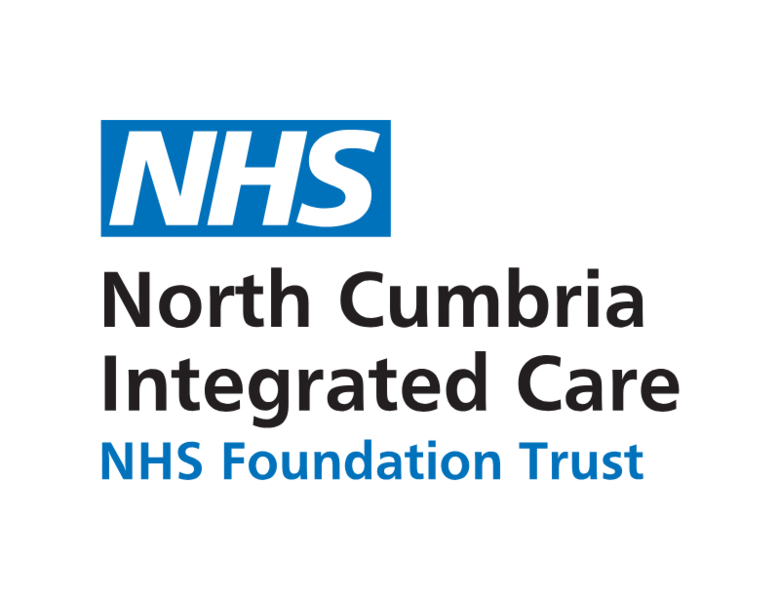
North Cumbria Integrated Care: improve their patient care
Read more

Gulf Companies: Boosting productivity and project management efficiency
Read more

General Civil Aviation Authority: How to gain air-traffic-like control
Read more
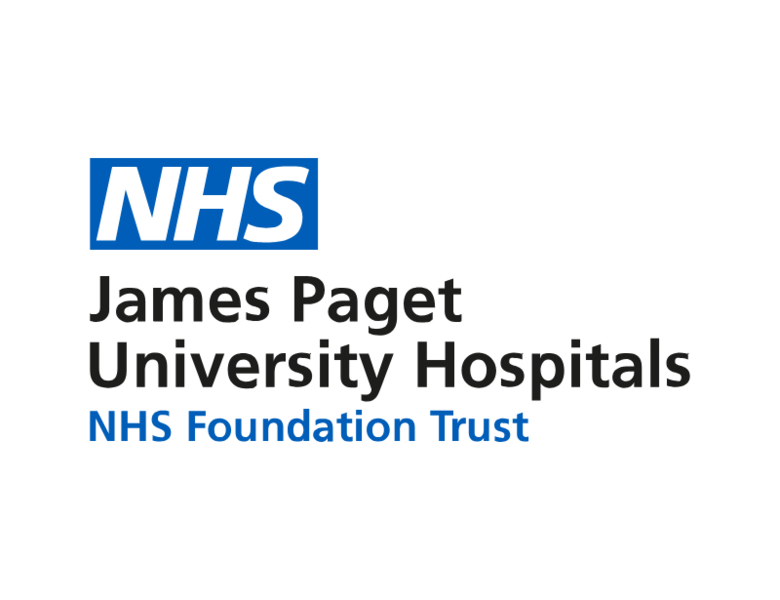
Empowering quality management with professional expertise
Read more
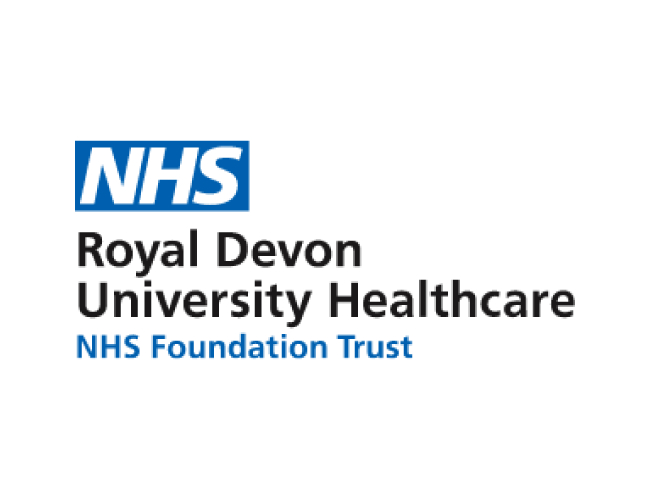
Achieving imaging excellence and ISAS accreditation
Read more
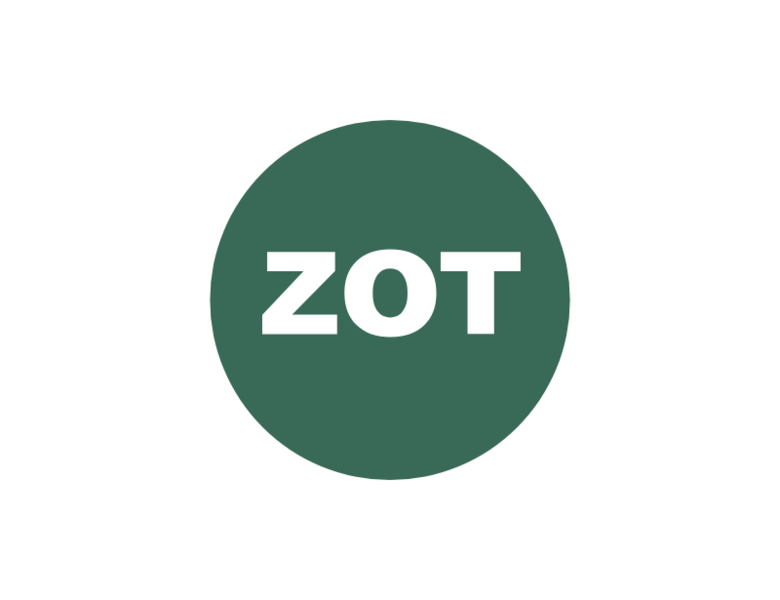
ZOT Engineering: Streamlining quality across divisions for improved compliance
Read more

Orthoplastics: Meeting US and European regulatory requirements
Read more
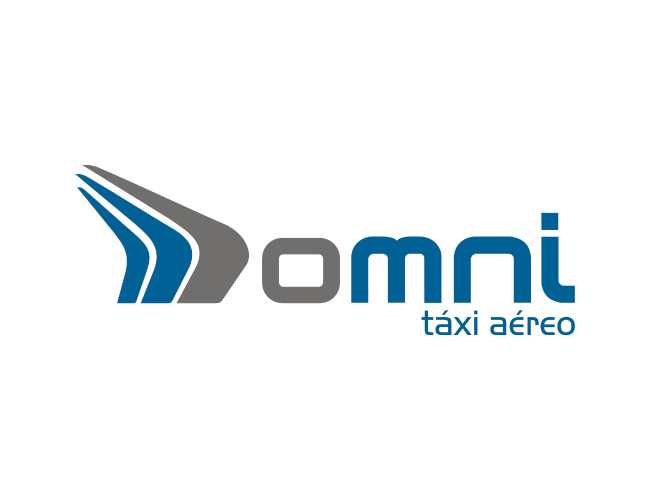
OMNI Taxi Aereo: Elevating compliance and grounding risks
Read more
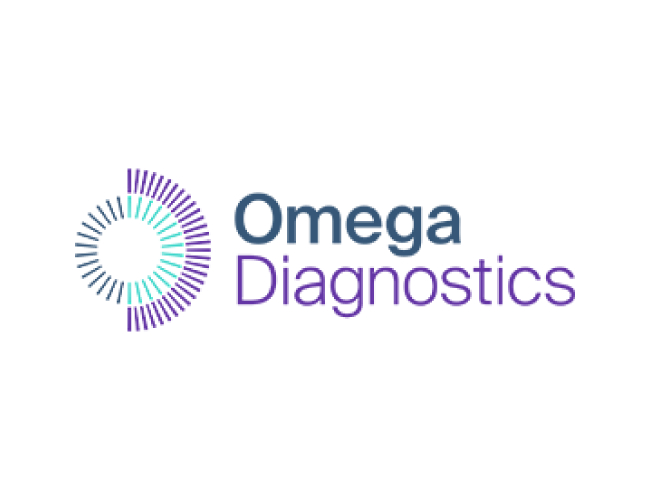
Omega Diagnostics: Streamlining compliance processes across global sites
Read more
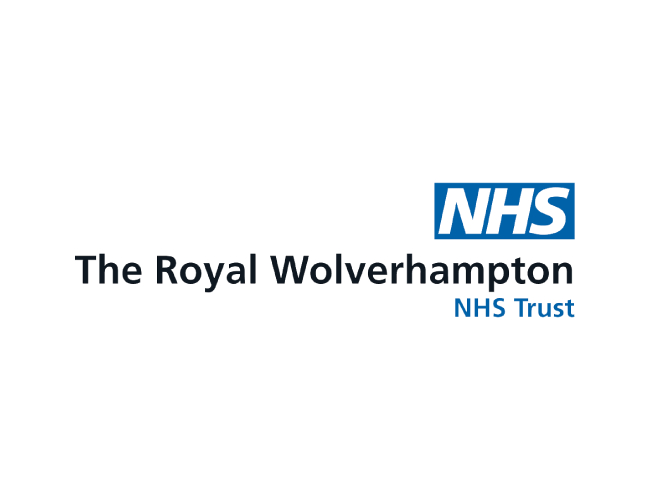
Cutting QMS validation time by 50% to achieve ISO 15189 certification
Read more

Elevating compliance and achieving elite research status
Read more
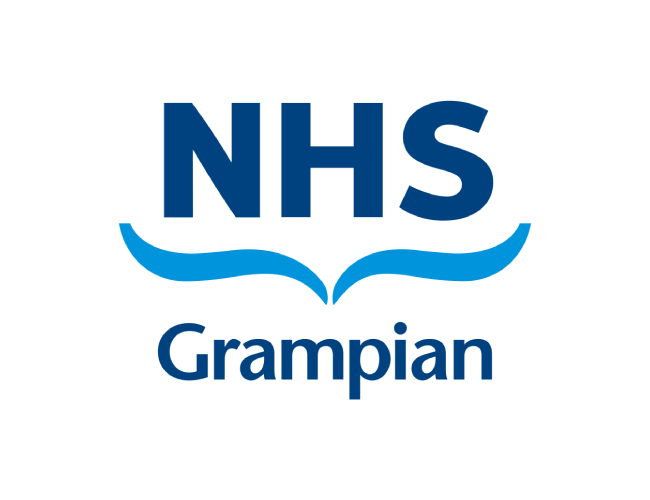
NHS Grampian: Putting all their docs in a row with a centralized QMS
Read more
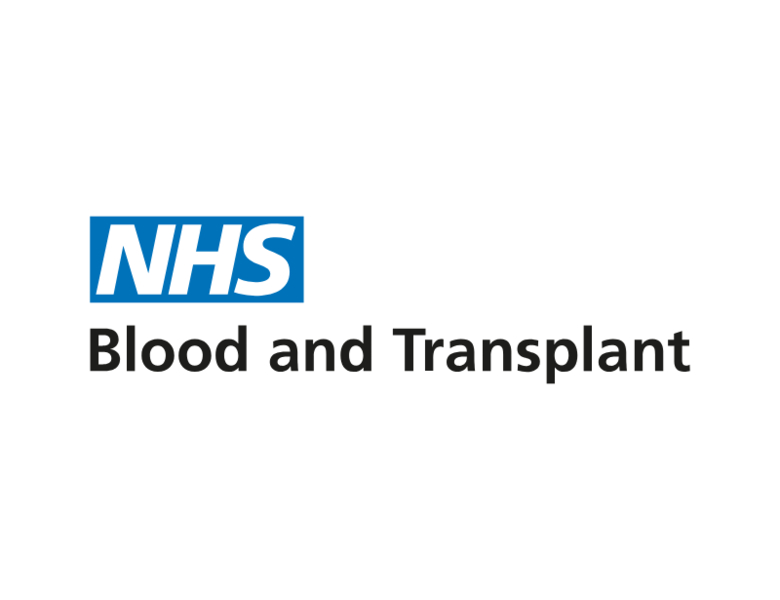
Centralizing quality management for nationwide compliance and efficiency
Read more
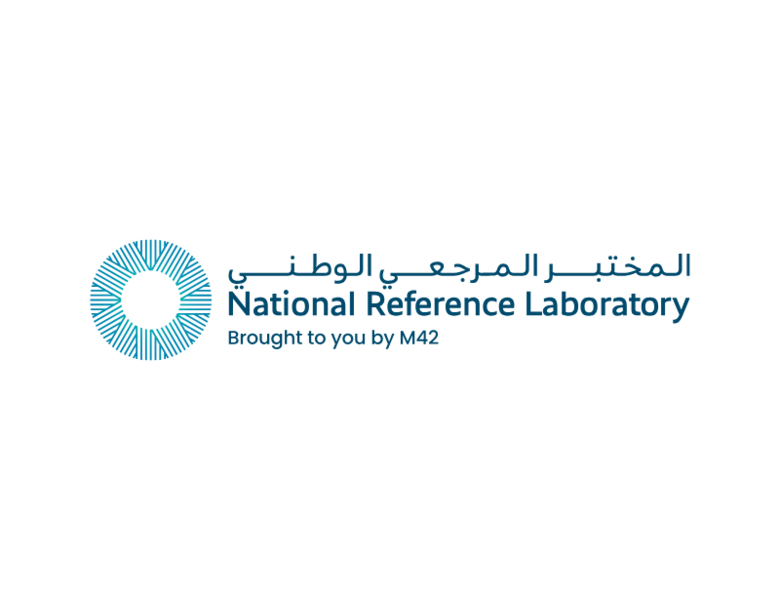
Ensuring document consistency across multiple sites
Read more

Metalwerks: Enhancing quality and compliance
Read more
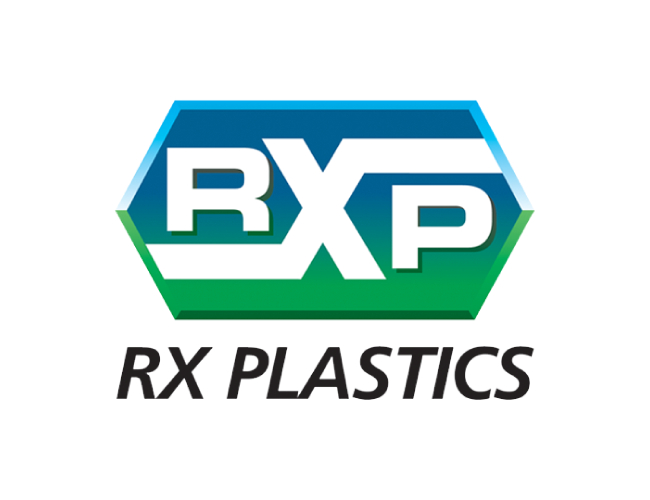
RX Plastics: Streamlining documentation control across multiple sites
Read more
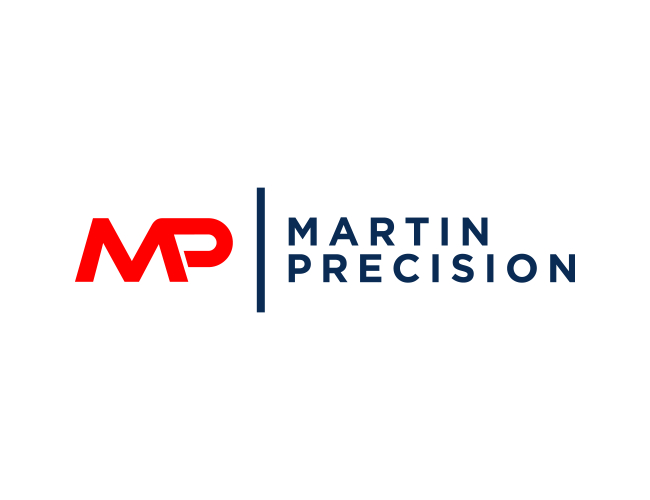
Improving customer requirement management
Read more
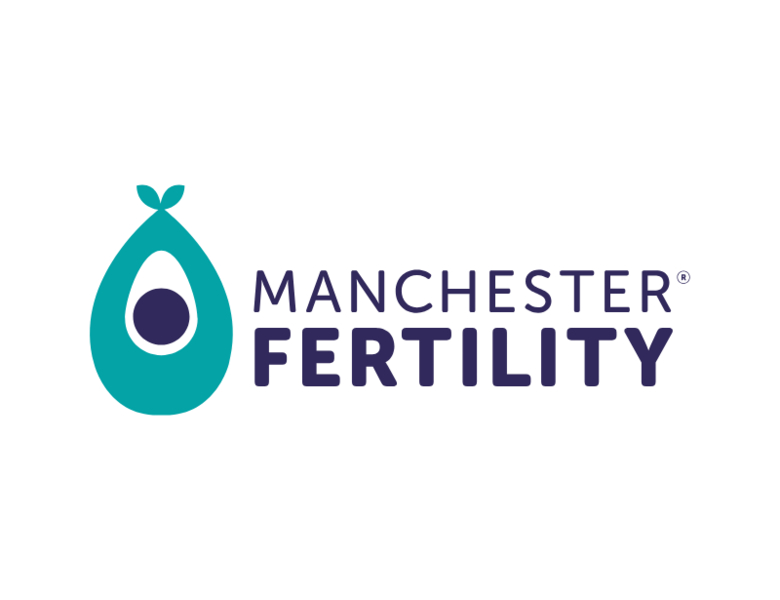
Improving compliance with ISO standards
Read more
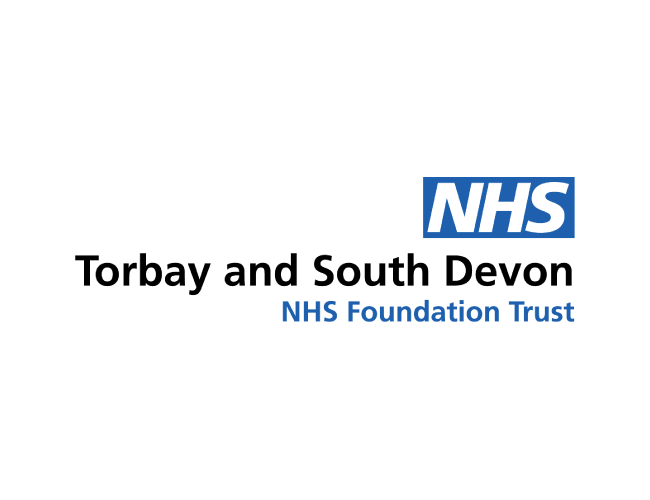
Elevating quality management at Torbay Pharmacy Manufacturing Unit
Read more
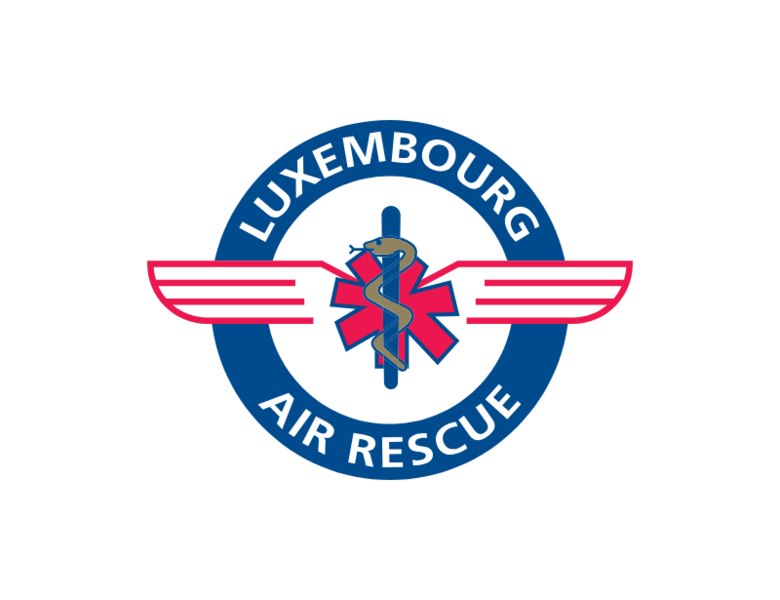
Luxembourg Air Rescue: Elevating safety standards and soaring productivity
Read more
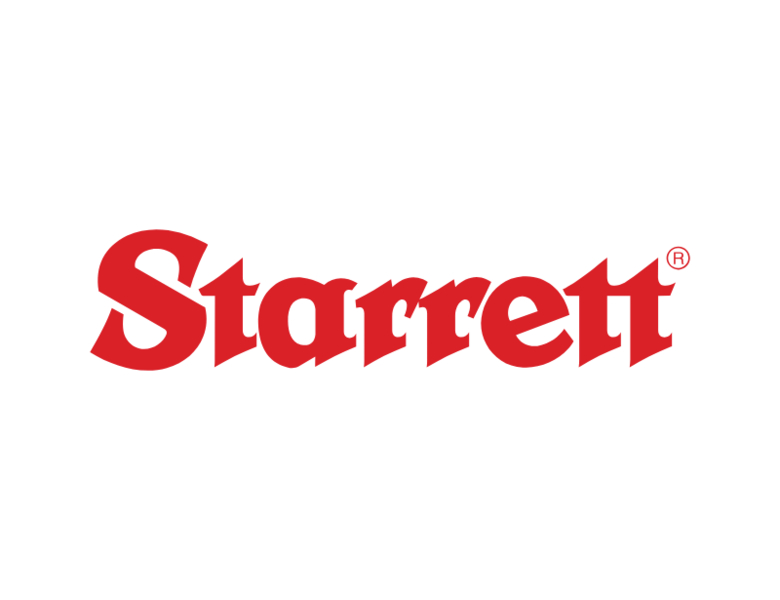
Making laborious documentation processes a thing of the past
Read more
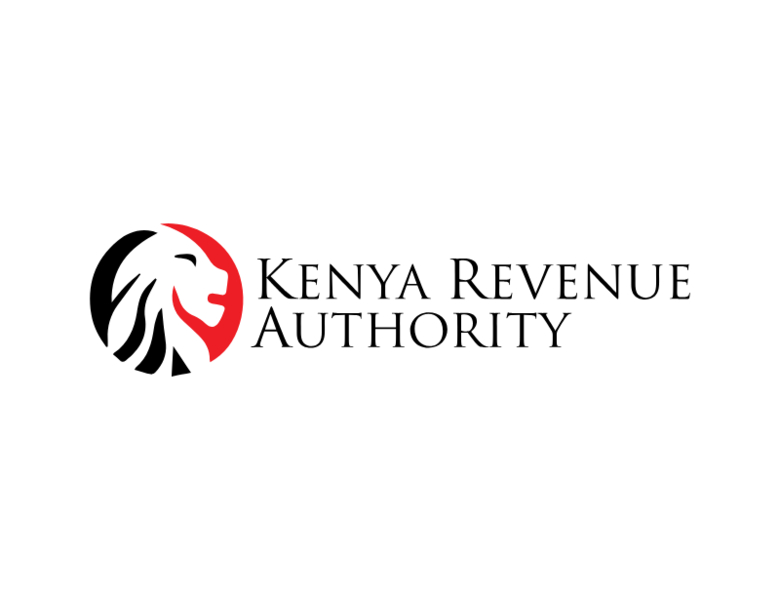
KRA: Optimizing audit processes for ISO 9001:2015 compliance
Read more

Ensuring compliance and streamlining operations
Read more

Interacoustics: Tuning up quality for global compliance
Read more

Wales Research and Diagnostic PET Imaging Centre: Streamlining compliance and risk management for improved safety
Read more
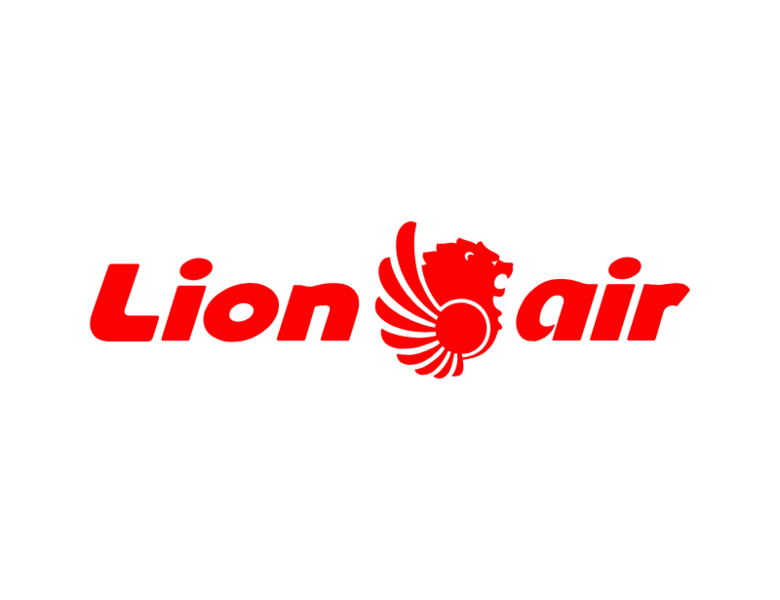
Lion Air: Fostering a culture of safety
Read more

Homerton Fertility Centre: Perfecting the pathway to HFEA accreditation
Read more
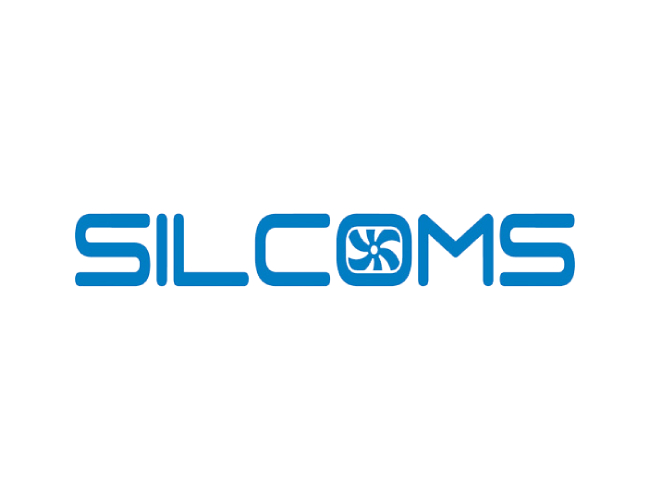
Silcoms: Streamlining product management
Read more
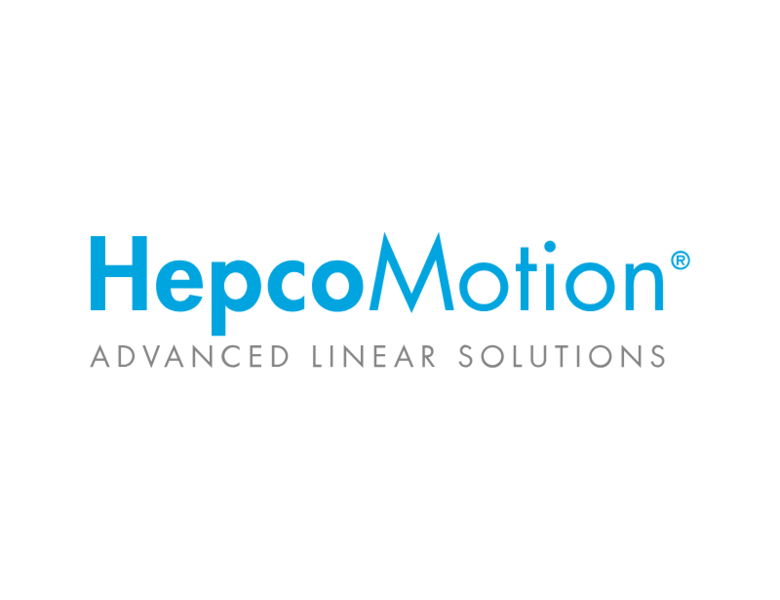
HepcoMotion: Future-proofing quality management
Read more

Glen Turner: Improving quality, safety and compliance
Read more
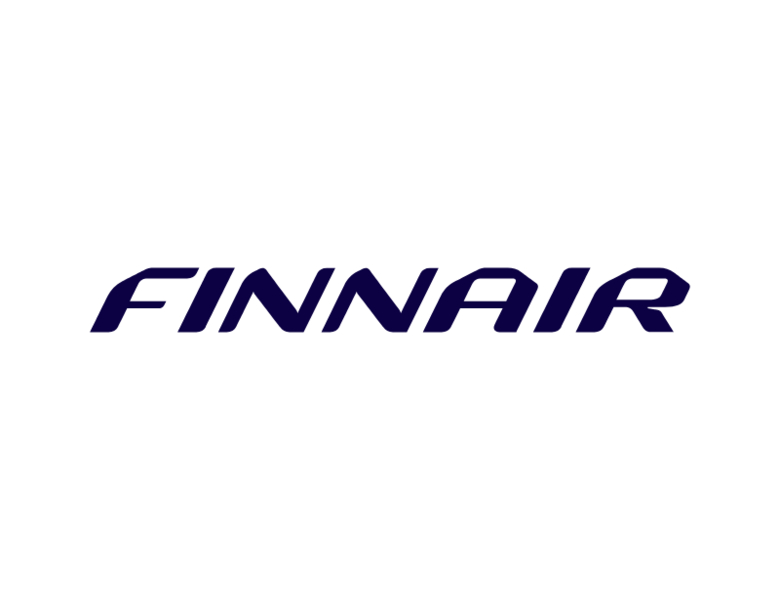
Finnair: Capturing safety data at the source
Read more
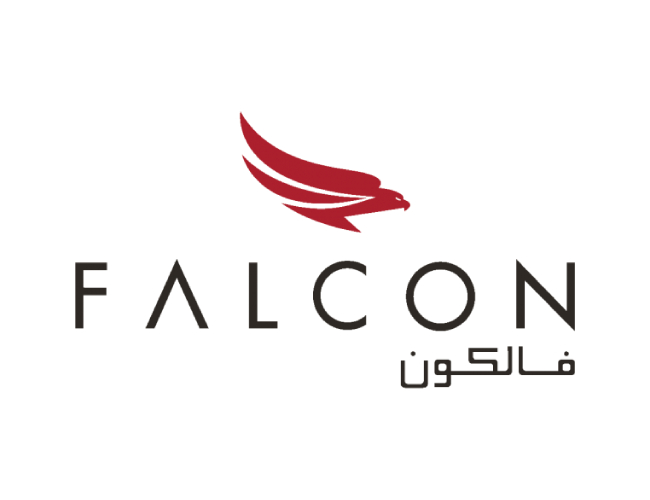
Falcon Aviation Services: Charting a clear course
Read more

Duke University Medical Center: Digitizing clinical trials to boost efficiency and compliance
Read more
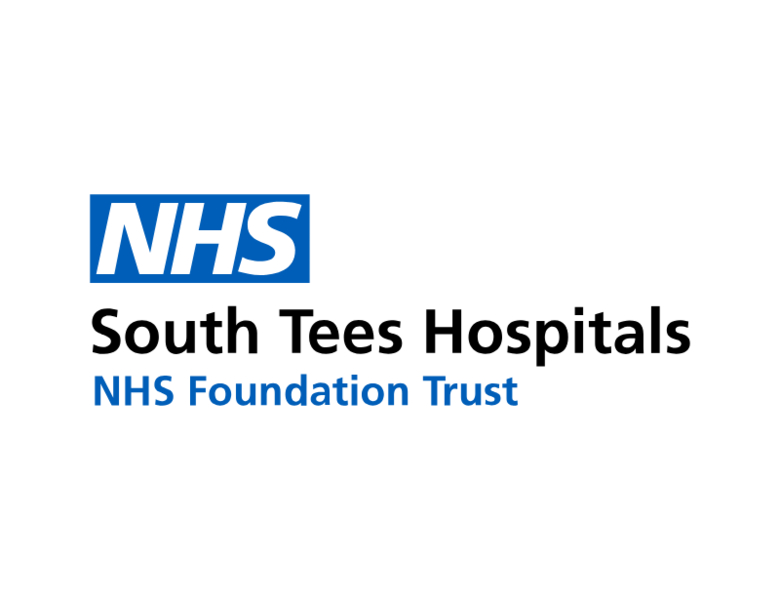
South Tees NHS Trust: Modernizing quality management
Read more
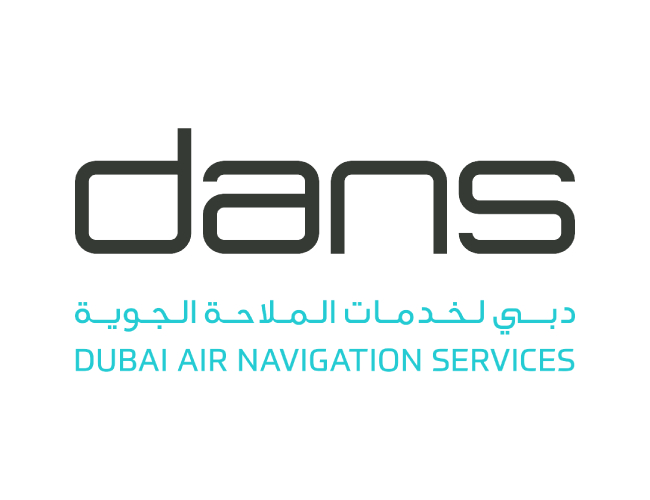
Streamlining document, audit, and CAPA processes
Read more
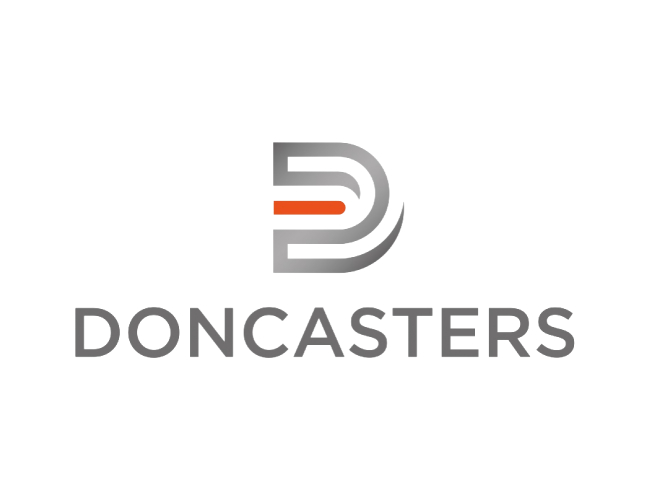
Doncasters Group: Centralising quality processes
Read more
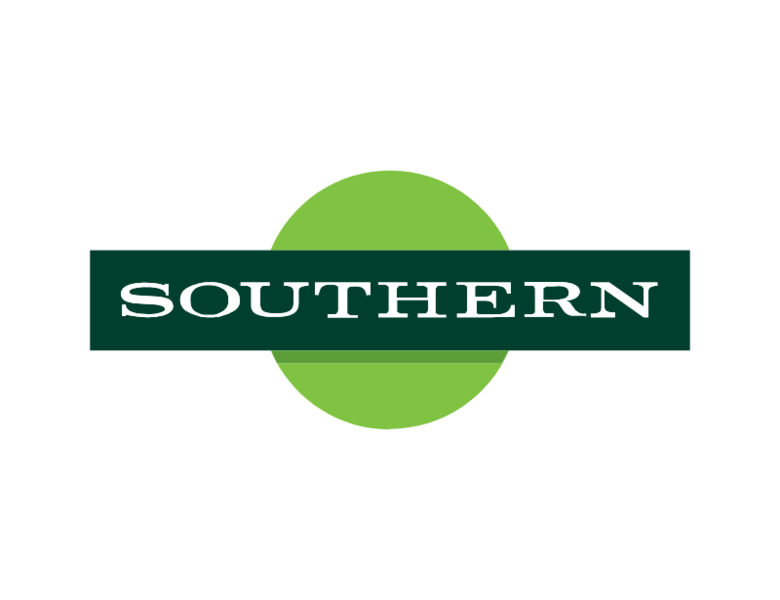
Eliminating duplication of effort to improve safety management
Read more
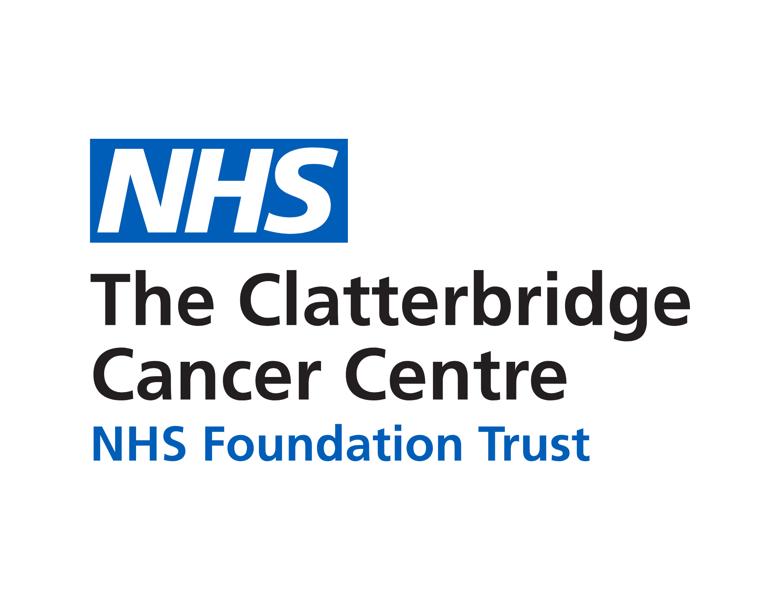
Transforming clinical incident reporting
Read more
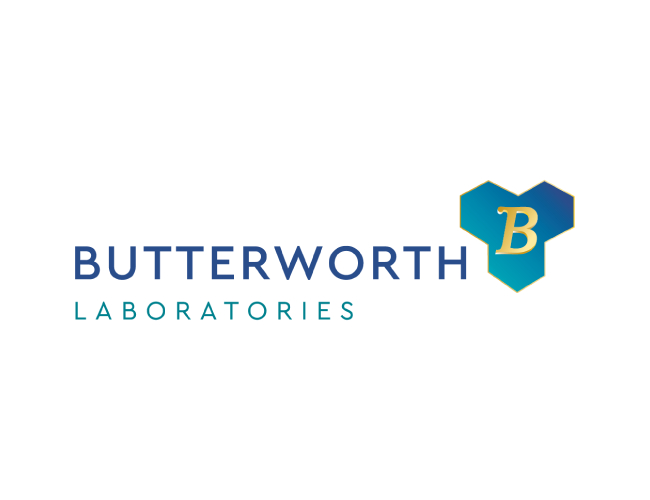
Turning the page on paper-based processes
Read more

Blackpool Teaching Hospitals: Enhancing document control and quality management
Read more
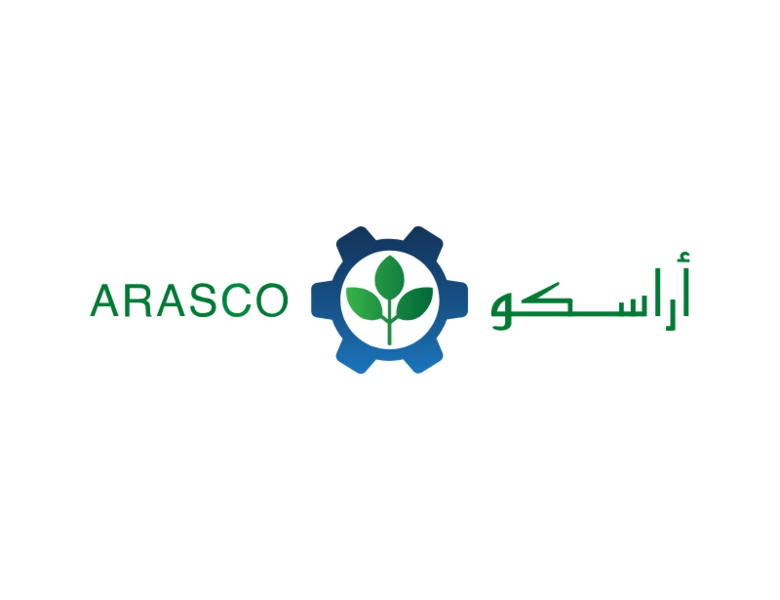
ARASCO: Harvesting efficiency through enhanced compliance
Read more
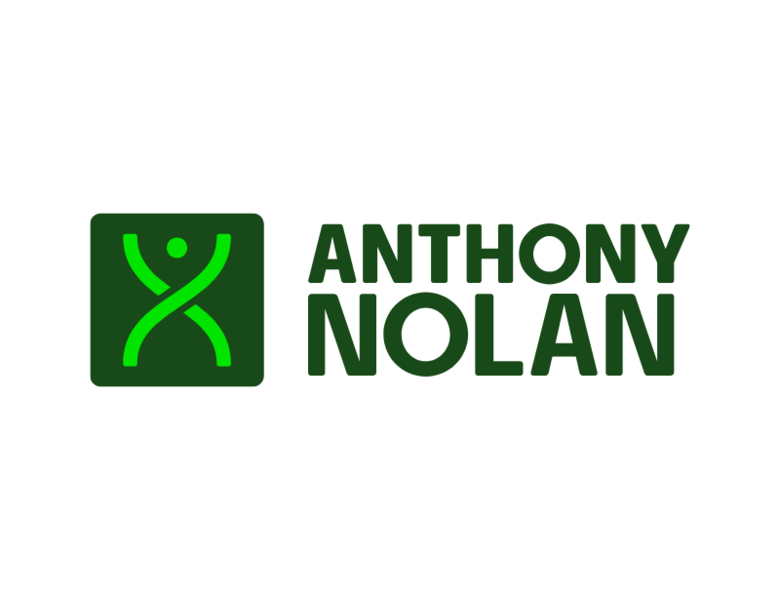
Elevating compliance to achieve Netcord-FACT standards
Read more
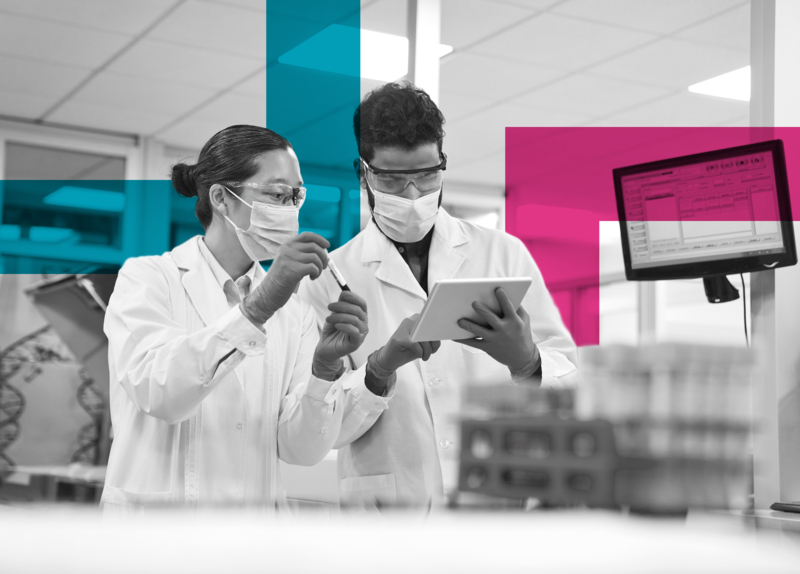
How effective non-conformance management can improve aerospace manufacturing
Read more

future-aerospace-quality-management-role-of-non-conformance
Read more
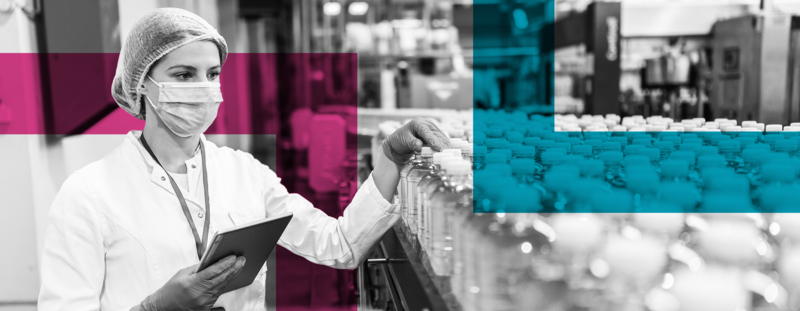
Why non-conformance management matters in food and beverage manufacturing
Read more

ISO 9001 Update: changes for enhanced quality management
Read more

ISO 9001 in manufacturing: learn how to transform your process
Read more

Understand how ISO 9001 is relevant to you and your business
Read more

How digital transformation is reshaping quality management
Read more

How proactive non-conformance management can protect quality
Read more

Role of risk management in maintaining high quality standards
Read more

How mobile technologies are revolutionizing quality audits
Read more
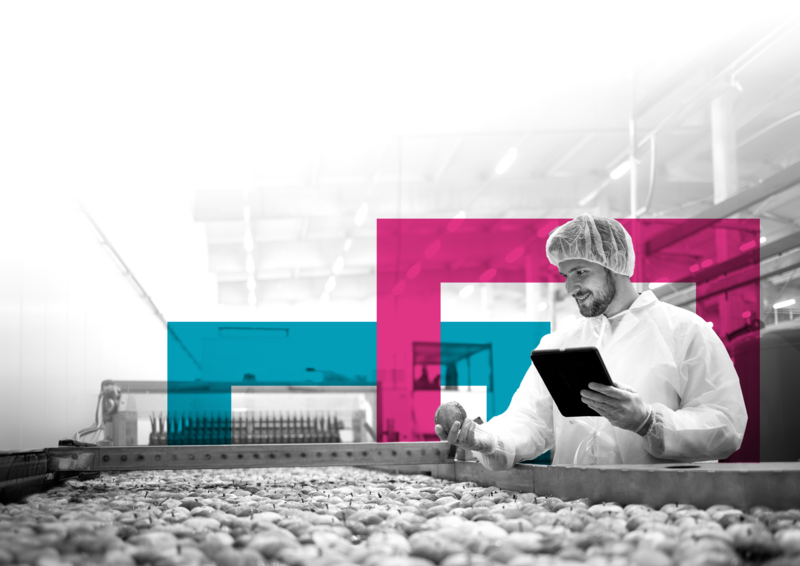
How quality technology is changing food industry audits
Read more

Quality management system audit guide
Read more

The ultimate dictionary of quality acronyms you should know
Read more

Data Quality Frameworks guide for pharma & life sciences
Read more

What is Data Quality Framework for EU medicines regulation?
Read more
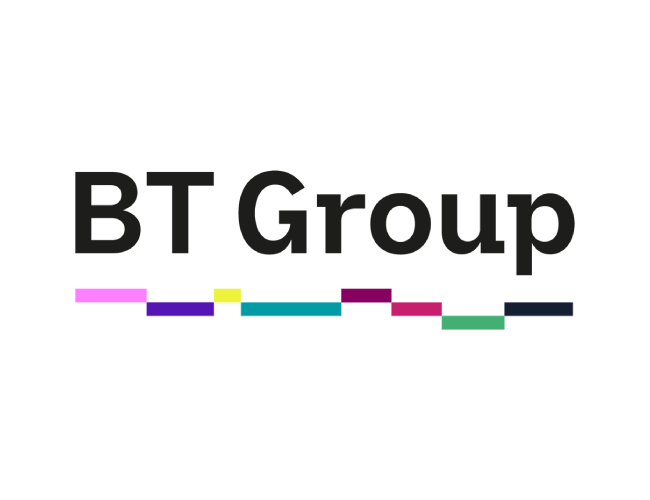
BT Group streamlines audit and document management
Read more
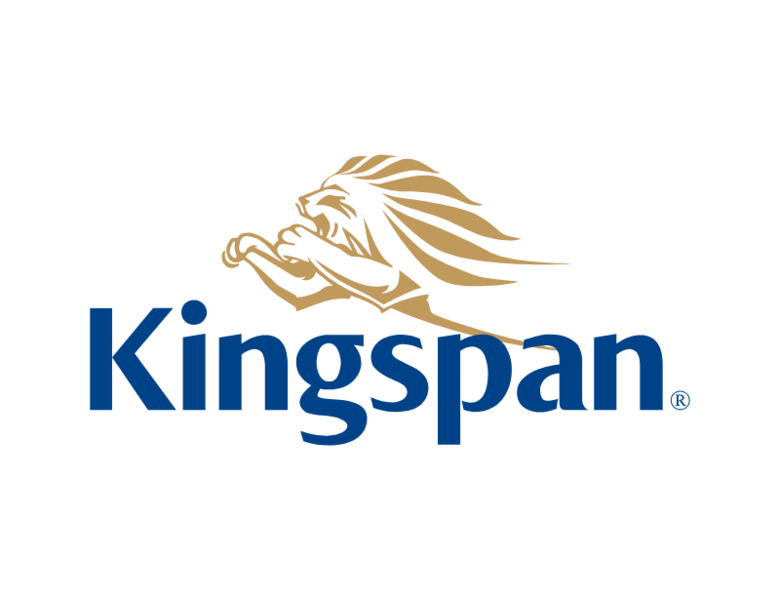
How Kingspan improved compliance across global sites
Read more
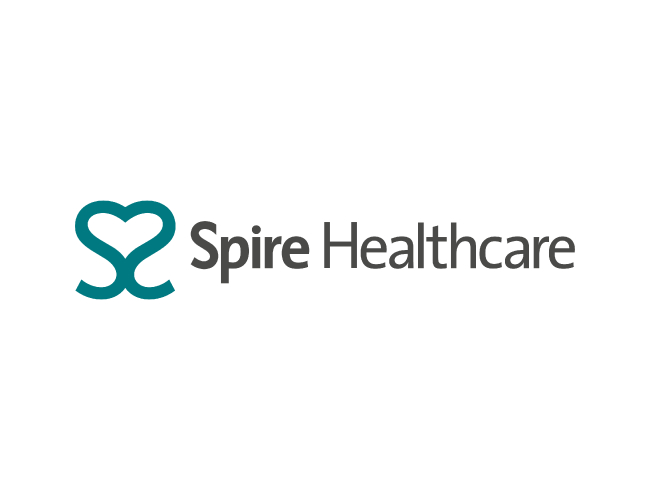
Spire Healthcare achieved ISO 15189 accreditation through quality management transformation
Read more

Tecomet reduces production part approval process by 80%
Read more

Vector Aerospace move from paper-based systems
Read more
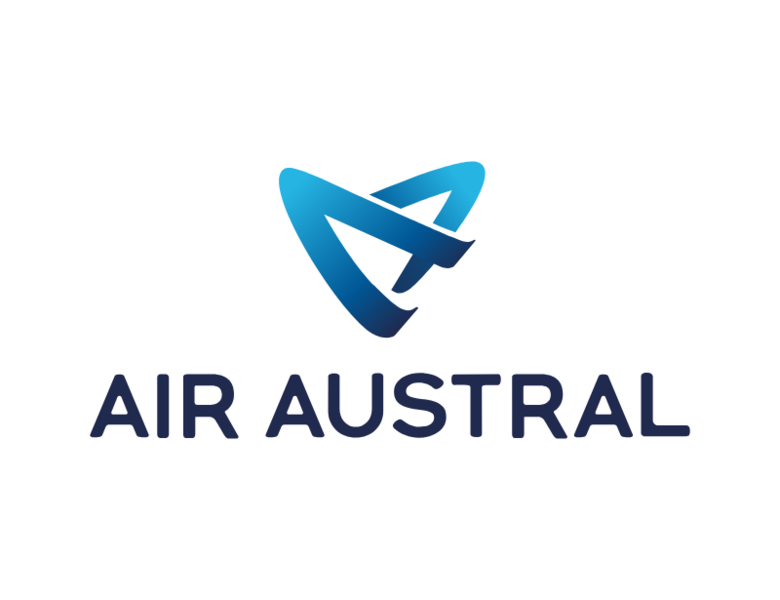
Air Austral consolidates quality, safety and security with Ideagen
Read more
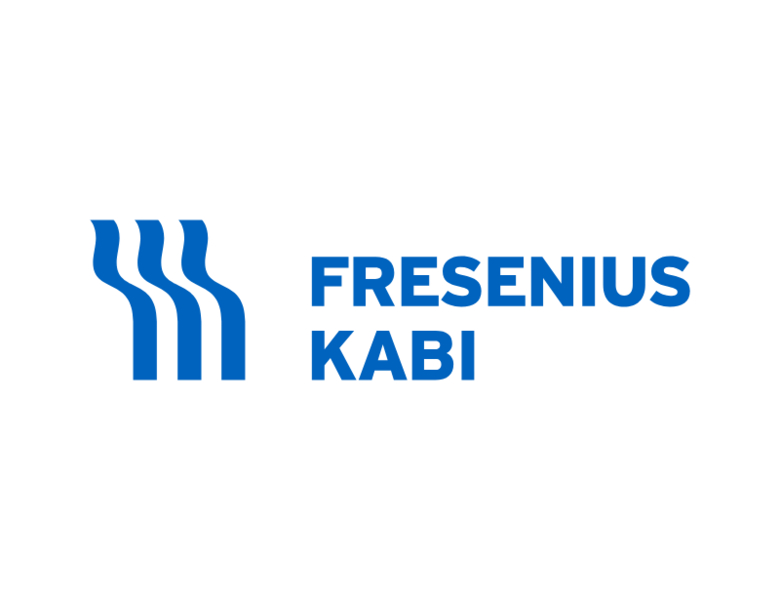
Fresenius Kabi benefit from improved CA/PA and document management
Read more
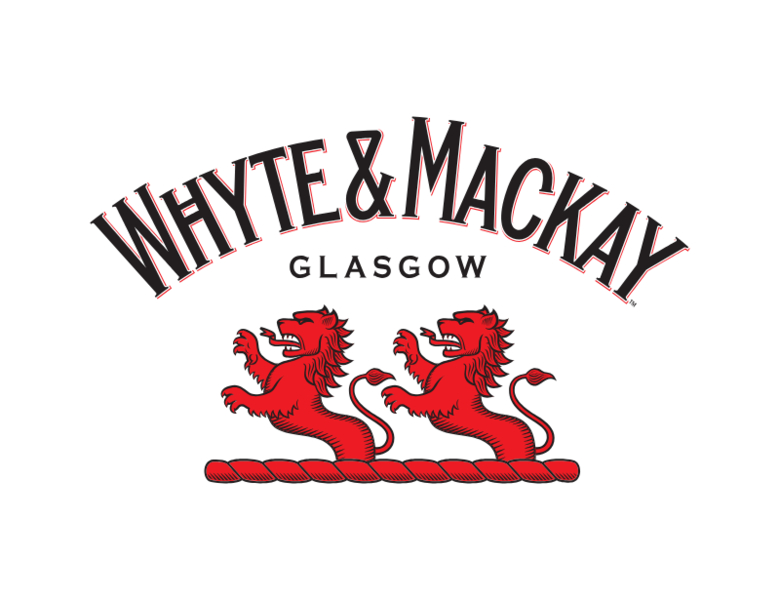
Whyte & Mackay: Enhancing compliance and efficiency
Read more

CEMA Ltd maintain ISO 9001 and 14001 certification
Read more

Understanding ICH Q7, Q8, Q9 & Q10: Guide for pharma quality
Read more

ICH Q9 Quality Risk Management: Guide for the pharma industry
Read more
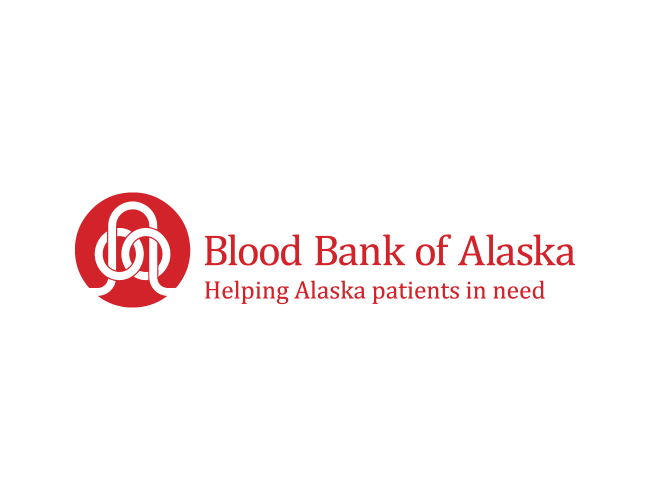
Blood Bank of Alaska:
Streamlining compliance and improving audit readiness
Read more
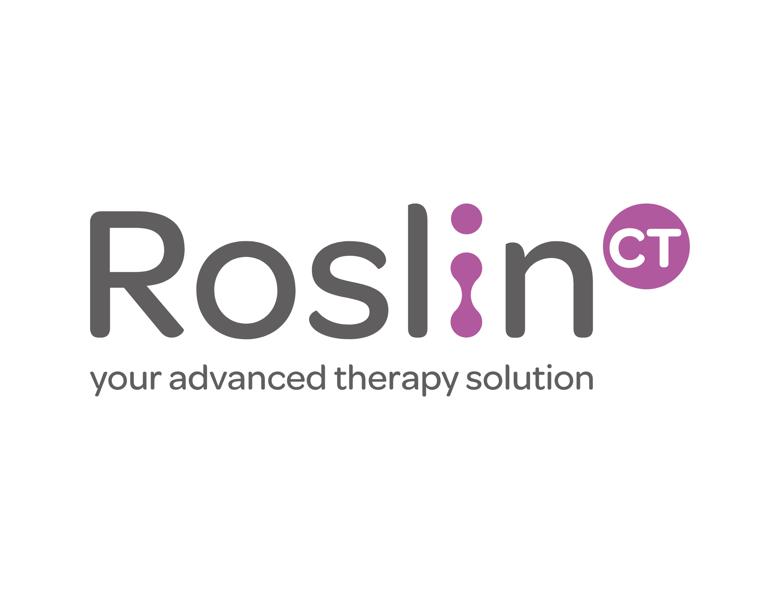
Streamlining quality processes and enhancing compliance
Read more

Alexander Dennis Ltd drive improved supplier performance
Read more
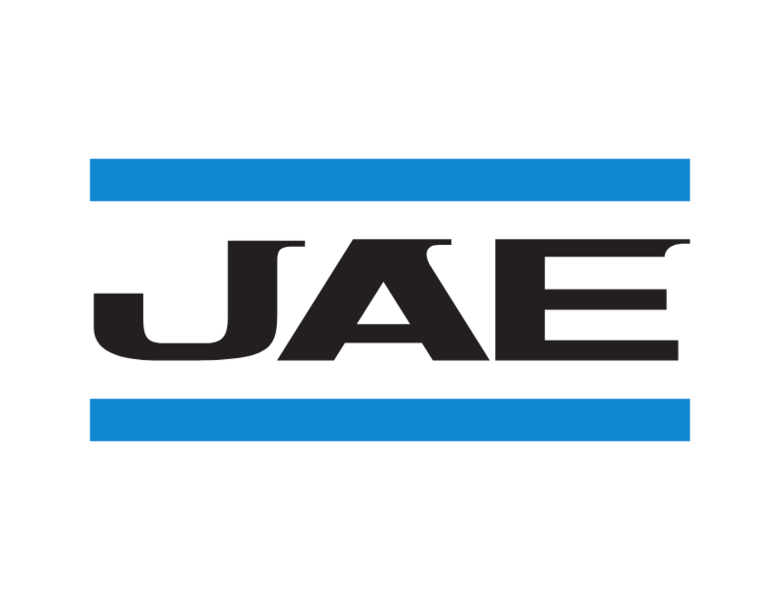
JAE Oregon connects quality & document management
Read more

Transforming quality control and regulatory compliance
Read more
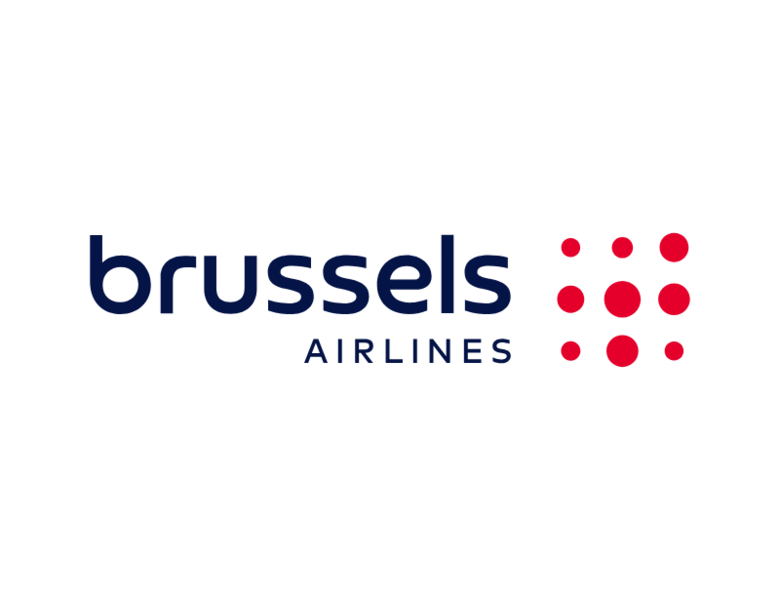
Brussels Airlines landing quality, safety and risk with a central hub
Read more

Ideagen Quality Management provides Nuffield Health with a central database for pathology compliance activities
Read more
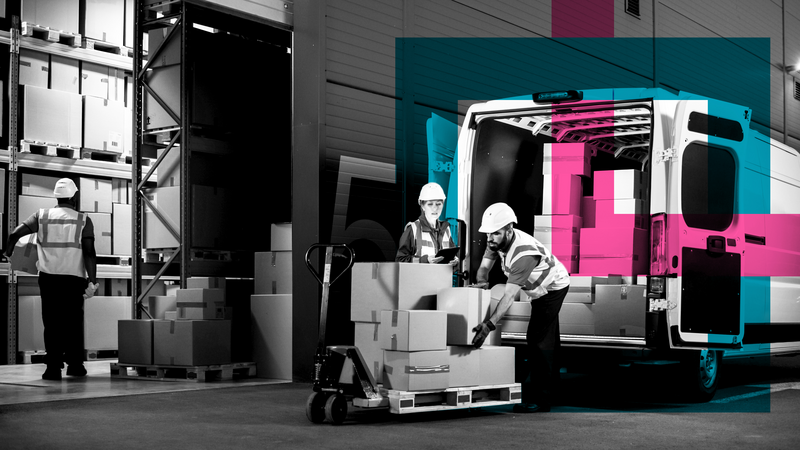
ISO 9001 supplier management: your step-by-step guide to supplier evaluation
Read more

3 tips for choosing ISO 9001 KPI targets
Read more

Navigating global supply chain challenges
Read more

Mitigate reputational risk: How quality builds trust and success
Read more

11 key strategies to turn food complaints into customer loyalty
Read more

FDA regulation of laboratory developed tests guide
Read more

What is FSSC 22000 and what's new in Version 6 guide
Read more

How to identify a suitable supplier who will adhere to AS13100
Read more

What exactly is ISO 9001 and why is it important?
Read more

How does AS13100 relate to me in aerospace and defense?
Read more

Why food and drink products get recalled?
Read more

Quality, compliance and the skills shortage
Read more

How food and beverage manufacturers can meet sustainability goals
Read more

The Importance of HACCP in the Food Industry
Read more
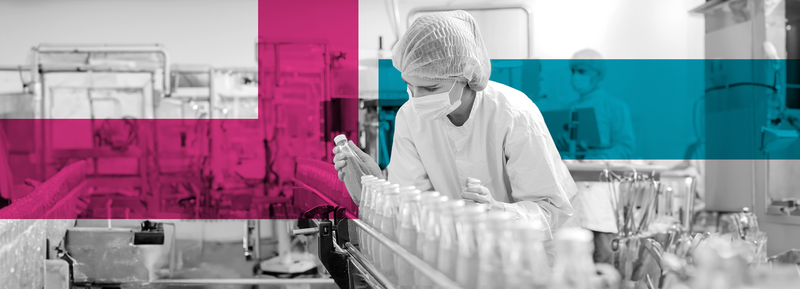
Ensuring effective quality management reviews – Five practices to adopt and avoid
Read more

CAPA for ISO 13485: medical devices
Read more

The foundation for effective implementation of electronic quality management systems
Read more

Five critical components to ensure clinical trial success
Read more

ISO 14083:2023 – Greenhouse gas emissions in your supply chain
Read more

How to prevent slips, trips and falls in the workplace - what is my legal duty as an employer?
Read more

World Engineering Day for sustainable development – Quality and sustainability
Read more

Supply chain resilience and risk – lessons from the crisis
Read more
![]()
What the German Supply Chain Due Diligence Act means for your organization
Read more

8 strategies on how to promote quality
Read more
![]()
Quality management principles: still relevant for 2021?
Read more

Planning ahead: The OODA vs PDCA methodology
Read more

Simplify the task of validating your QMS software with a GxP validation process
Read more

ISO 31000: Monitoring and reviewing risk
Read more

Six Sigma quality improvement: a quick guide
Read more

Measuring the success of a Six Sigma approach to quality
Read more

What is Six Sigma and why should quality professionals know about it?
Read more

How AI is transforming quality management
Read more

Why every manufacturing leader should prioritize effective non-conformance handling
Read more

Key metrics for measuring the success of non-conformance management in manufacturing
Read more

10 challenges CROs face today (and how to solve them)
Read more

North Cumbria Integrated Care: improve their patient care
Read more

Gulf Companies: Boosting productivity and project management efficiency
Read more

General Civil Aviation Authority: How to gain air-traffic-like control
Read more

Empowering quality management with professional expertise
Read more

Achieving imaging excellence and ISAS accreditation
Read more

ZOT Engineering: Streamlining quality across divisions for improved compliance
Read more

Orthoplastics: Meeting US and European regulatory requirements
Read more

OMNI Taxi Aereo: Elevating compliance and grounding risks
Read more

Omega Diagnostics: Streamlining compliance processes across global sites
Read more

Cutting QMS validation time by 50% to achieve ISO 15189 certification
Read more

Elevating compliance and achieving elite research status
Read more

NHS Grampian: Putting all their docs in a row with a centralized QMS
Read more

Centralizing quality management for nationwide compliance and efficiency
Read more

Ensuring document consistency across multiple sites
Read more

Metalwerks: Enhancing quality and compliance
Read more

RX Plastics: Streamlining documentation control across multiple sites
Read more

Improving customer requirement management
Read more

Improving compliance with ISO standards
Read more

Elevating quality management at Torbay Pharmacy Manufacturing Unit
Read more

Luxembourg Air Rescue: Elevating safety standards and soaring productivity
Read more

Making laborious documentation processes a thing of the past
Read more

KRA: Optimizing audit processes for ISO 9001:2015 compliance
Read more

Ensuring compliance and streamlining operations
Read more

Interacoustics: Tuning up quality for global compliance
Read more

Wales Research and Diagnostic PET Imaging Centre: Streamlining compliance and risk management for improved safety
Read more

Lion Air: Fostering a culture of safety
Read more

Homerton Fertility Centre: Perfecting the pathway to HFEA accreditation
Read more

Silcoms: Streamlining product management
Read more

HepcoMotion: Future-proofing quality management
Read more

Glen Turner: Improving quality, safety and compliance
Read more

Finnair: Capturing safety data at the source
Read more

Falcon Aviation Services: Charting a clear course
Read more

Duke University Medical Center: Digitizing clinical trials to boost efficiency and compliance
Read more

South Tees NHS Trust: Modernizing quality management
Read more

Streamlining document, audit, and CAPA processes
Read more

Doncasters Group: Centralising quality processes
Read more

Eliminating duplication of effort to improve safety management
Read more

Transforming clinical incident reporting
Read more

Turning the page on paper-based processes
Read more

Blackpool Teaching Hospitals: Enhancing document control and quality management
Read more

ARASCO: Harvesting efficiency through enhanced compliance
Read more

Elevating compliance to achieve Netcord-FACT standards
Read more

How effective non-conformance management can improve aerospace manufacturing
Read more

future-aerospace-quality-management-role-of-non-conformance
Read more

Why non-conformance management matters in food and beverage manufacturing
Read more

ISO 9001 Update: changes for enhanced quality management
Read more

ISO 9001 in manufacturing: learn how to transform your process
Read more

Understand how ISO 9001 is relevant to you and your business
Read more

How digital transformation is reshaping quality management
Read more

How proactive non-conformance management can protect quality
Read more

Role of risk management in maintaining high quality standards
Read more

How mobile technologies are revolutionizing quality audits
Read more

How quality technology is changing food industry audits
Read more

Quality management system audit guide
Read more

The ultimate dictionary of quality acronyms you should know
Read more

Data Quality Frameworks guide for pharma & life sciences
Read more

What is Data Quality Framework for EU medicines regulation?
Read more

BT Group streamlines audit and document management
Read more

How Kingspan improved compliance across global sites
Read more

Spire Healthcare achieved ISO 15189 accreditation through quality management transformation
Read more

Tecomet reduces production part approval process by 80%
Read more

Vector Aerospace move from paper-based systems
Read more

Air Austral consolidates quality, safety and security with Ideagen
Read more

Fresenius Kabi benefit from improved CA/PA and document management
Read more

Whyte & Mackay: Enhancing compliance and efficiency
Read more

CEMA Ltd maintain ISO 9001 and 14001 certification
Read more

Understanding ICH Q7, Q8, Q9 & Q10: Guide for pharma quality
Read more

ICH Q9 Quality Risk Management: Guide for the pharma industry
Read more

Blood Bank of Alaska:
Streamlining compliance and improving audit readiness
Read more

Streamlining quality processes and enhancing compliance
Read more

Alexander Dennis Ltd drive improved supplier performance
Read more

JAE Oregon connects quality & document management
Read more

Transforming quality control and regulatory compliance
Read more

Brussels Airlines landing quality, safety and risk with a central hub
Read more

Ideagen Quality Management provides Nuffield Health with a central database for pathology compliance activities
Read more

ISO 9001 supplier management: your step-by-step guide to supplier evaluation
Read more

3 tips for choosing ISO 9001 KPI targets
Read more

Navigating global supply chain challenges
Read more

Mitigate reputational risk: How quality builds trust and success
Read more

11 key strategies to turn food complaints into customer loyalty
Read more

FDA regulation of laboratory developed tests guide
Read more

What is FSSC 22000 and what's new in Version 6 guide
Read more

How to identify a suitable supplier who will adhere to AS13100
Read more

What exactly is ISO 9001 and why is it important?
Read more

How does AS13100 relate to me in aerospace and defense?
Read more

Why food and drink products get recalled?
Read more

Quality, compliance and the skills shortage
Read more

How food and beverage manufacturers can meet sustainability goals
Read more

The Importance of HACCP in the Food Industry
Read more

Ensuring effective quality management reviews – Five practices to adopt and avoid
Read more

CAPA for ISO 13485: medical devices
Read more

The foundation for effective implementation of electronic quality management systems
Read more

Five critical components to ensure clinical trial success
Read more

ISO 14083:2023 – Greenhouse gas emissions in your supply chain
Read more

How to prevent slips, trips and falls in the workplace - what is my legal duty as an employer?
Read more

World Engineering Day for sustainable development – Quality and sustainability
Read more

Supply chain resilience and risk – lessons from the crisis
Read more
![]()
What the German Supply Chain Due Diligence Act means for your organization
Read more

8 strategies on how to promote quality
Read more
![]()
Quality management principles: still relevant for 2021?
Read more

Planning ahead: The OODA vs PDCA methodology
Read more

Simplify the task of validating your QMS software with a GxP validation process
Read more

ISO 31000: Monitoring and reviewing risk
Read more
